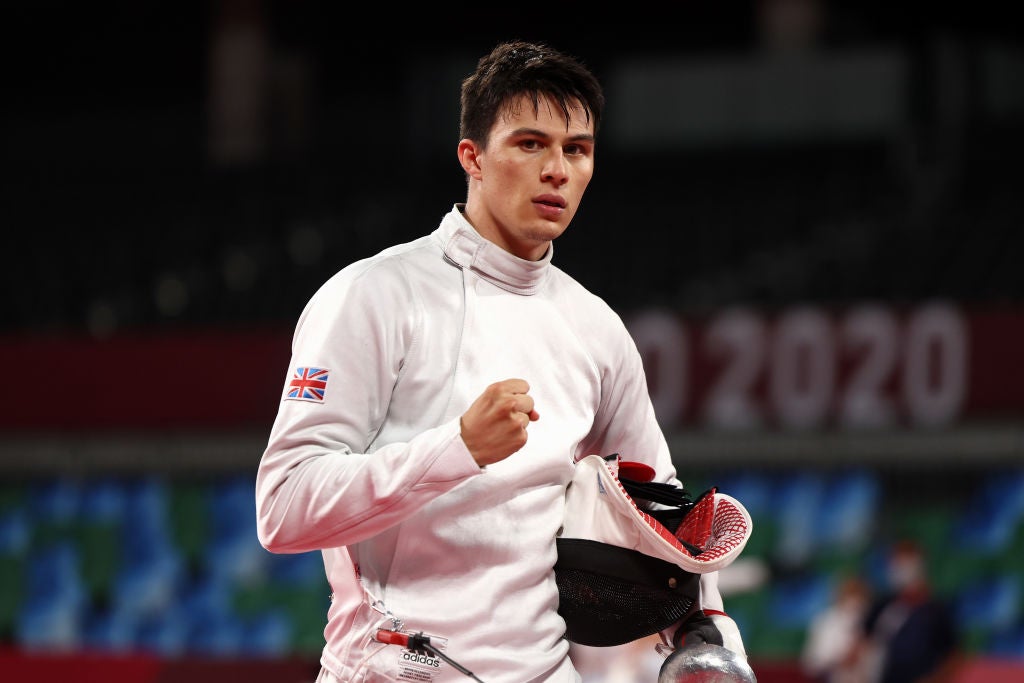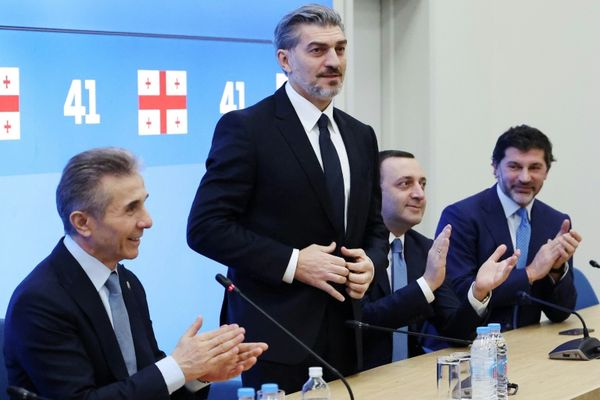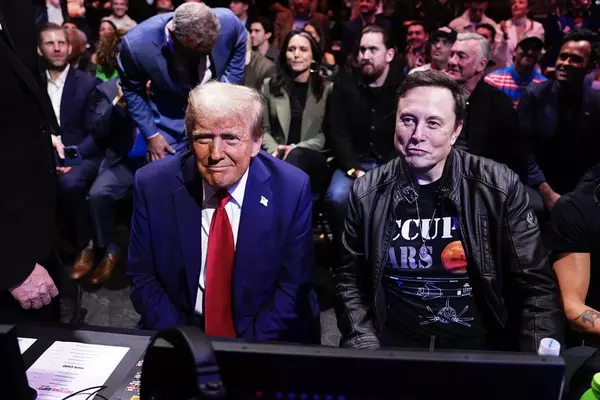
There are about 18 miles as the crow flies between the Ariake Urban Park, where the world’s best male skateboarders were shredding tricks and going viral, and the Musashino Forest Sport Plaza.
As Olympic assignments go, modern pentathlon’s fencing ranking round is one of the less glamorous you can get. Same Olympic city, totally different world.
Modern pentathlon is a sport desperately fighting for relevance in this ever-evolving five-ringed circus.
It consistently ranks near the bottom for TV audiences at the Games and internal measurements for social engagement, metrics so important to the youth-obsessed International Olympic Committee (IOC), don’t make for pretty reading.
The format was the brainchild of Pierre de Coubertin, the founder of the modern Olympic movement, who wanted a contest to simulate the experience of a 19th-century cavalry soldier behind enemy lines, ride an unfamiliar horse, fight enemies with pistol and sword then swim and run to return to their comrades.
Skateboarding it ain’t and woke it is not.
It’s a history the sport’s current day guardians would do well to play down – because there are increasingly influential voices among the IOC’s membership, and its most powerful financial stakeholders, that the time has come to send the sport the way of tug of war, in which Team GB are reigning champions from 1920.
The influence of De Coubertin, who died in 1937, should not be discounted. Juan Antonio Samaranch used an iron rod to change the face of these Games, for better and worse, before stepping down in 2001 and was a zealot in protecting the French aristocrat’s legacy.
Modern pentathlon was safe under his watch and Samaranch’s influence, despite his death 11 years ago, is still strong.
However, reality demands and prudence dictates that romanticism has no place in the cold, hard decision-making required to run these Games and so the powers that be at the UIPM, modern pentathlon’s world governing body, continually tweak their sport in a bid to appeal.
The format used to be held over five days, in 1996 it was changed to one to strong reviews, the leader accruing points that gave them a timed head start in the final run.
In Beijing and London further changes were made, in 2012 athletes combined the run and shoot, similar to biathlon, a winter sport with huge appeal.
In Rio they introduced the “fencing ranking round”, which only confused things more, even athletes privately admitting the concept is “stupid”.
And in Paris it will be all change again – a fast and furious 90-minute format will see athletes complete all five sports in a series of heats and finals.
Confused? Imagine being an athlete, training in sport that changes its mind this often.
“This is an exciting moment not only for our core Olympic sport but for the wider Olympic Games product,” said UIPM general secretary Shiny Fang, in a press release that mentioned De Coubertin in its third paragraph.
“Our test events have proved that the new modern pentathlon format is not just a dream but a reality.”
In recent years modern pentathlon has relied on the support of current IOC president Thomas Bach, who is more invested as a former gold medallist in fencing.
Bach’s term of office expires in 2025 and insiders believe all bets are off after Paris, with LA hoping their blueprint will define the Games for decades to come.
Increasingly hosts have more impact on the sports programme, hence the reason karate was introduced for Tokyo and won’t be involved in the two Games that follow.
Remove that outlier and look at the new sports introduced here – skateboarding, surfing and speed climbing joining the returning baseball and softball.
Breakdancing will debut in Paris and Casey Wassermann, the slick and savvy sports agent behind LA’s organising committee, wants still more changes for 2028 and is pushing very hard behind the scenes.
He knows the future of the Games is based on sports that appeal to a younger audience with broadcast tastes shifting to streaming services, where demand is very easy to analyse. He also wants to shift the median age of Olympic viewers in the all-powerful US market, currently it’s 53.
Modern pentathlon is slowly being squeezed out of the Games by its history and money, the sport also being one of the more expensive to host, when competition days are divided by event infrastructure costs and medals distributed.

And that’s not the only problem. There were just over 30 nations represented by the 72 athletes in competition today – and diversity was in serious short supply.
And yet this can be a fantastically exciting sport and it’s one that boasts a proud record of British success, from Stephanie Cook and Kate Allenby winning gold and bronze in Sydney to Georgina Harland’s Athens bronze and Heather Fell and Samantha Murray’s silvers in Beijing and London.
The urban sports have been the hit of these Games but surely there’s a place for modern pentathlon too, though it needs to choose a format, stick with it and make dramatic improvements to their marketing and communications.
It’s also worth noting the success of triathlete competitions – shooting, running and swimming – run by the UK’s governing body, especially among younger age groups.
But reinventing itself every Olympic cycle is confusing for all concerned, especially the athletes.
Meanwhile, in the fencing ranking round, Great Britain’s Joseph Choong started strongly in men’s competition while teammate Kate French, fifth five years in Rio, finished sixth as she seeks a repeat of her World Championship bronze medal from two years ago.
“With so many sports it’s about maintaining concentration and focus, which is what makes the sport so unique,” said French. “You have to be able to reset. That’s the hardest part about pentathlon, doing well in all five disciplines.”
Stream every unmissable moment of Olympic Games Tokyo 2020 live on discovery+, The Streaming Home of the Olympics.







